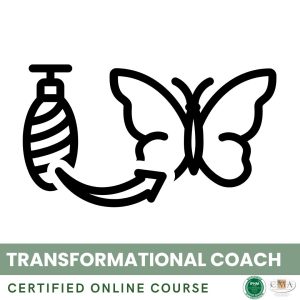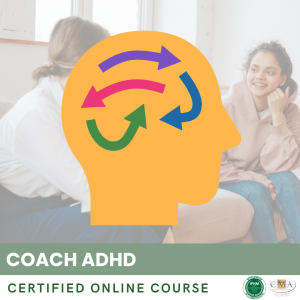Here is a proposed introduction for this training module on the history of LGBTQ+ struggles and rights:
Welcome to this training module dedicated to the history of the struggles and rights of lesbian, gay, bisexual, transgender, and queer (LGBTQ+) people.
Through several chapters, we will explore key moments, notable figures, and past and current issues of LGBTQ+ movements.
We will start with a look back at the pioneering movements of the 1960s-1970s that laid the foundations for both identity-based and revolutionary activism. We will pay tribute to personalities like Marsha P. Johnson or Harvey Milk, who embody the assertiveness of this period.
We will then trace the main legislative advances of recent decades in terms of LGBTQ+ rights, from the decriminalization of homosexuality to the opening of marriage, not forgetting anti-discrimination laws. We will see how these victories are the result of long-term mobilizations.
One chapter will be dedicated to the evolution of LGBTQ+ portrayals in the media and culture, and their impact on mentalities. We will also discuss the crucial role of pride parades and visibility days for the public affirmation of identities.
We will provide an overview of the contemporary activist landscape, presenting the diversity of associations and modes of action. Particular attention will be paid to the intersectional approach and the convergence of struggles against different forms of domination.
Finally, we will open up reflections on current challenges of LGBTQ+ struggle, from everyday violence to precariousness, including health or parenting issues. We will underline the importance of the work of remembering and transmitting to keep this heritage alive and inspire future commitments.
Throughout this module, additional resources (testimonies, archives, works…) will give embodiment to and deepen the content. The objective is to propose a vision that is both global and nuanced of LGBTQ+ struggles, from historical, political, and cultural perspectives.





